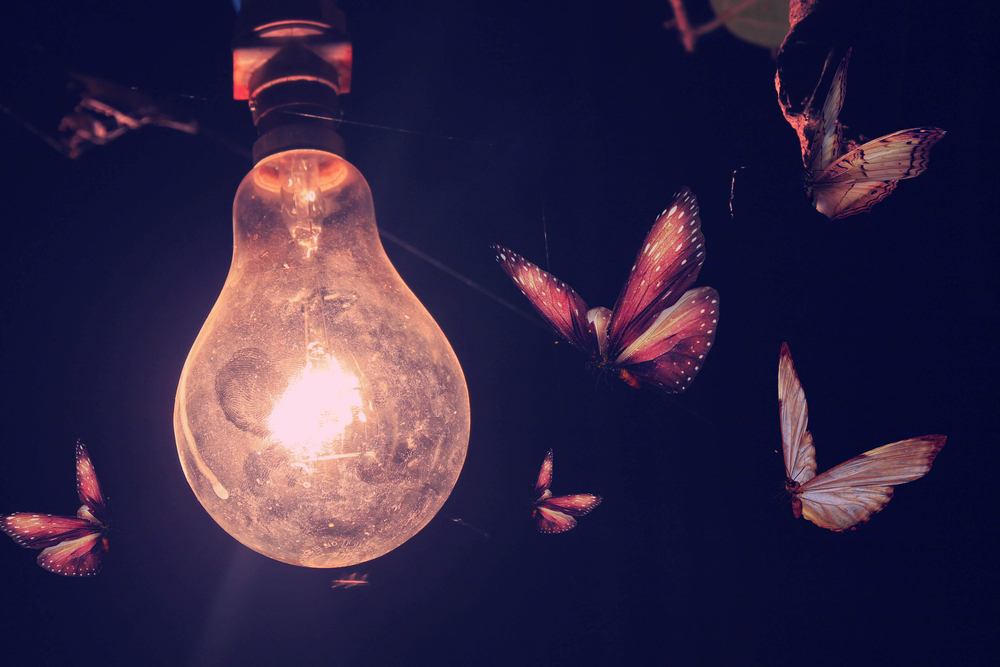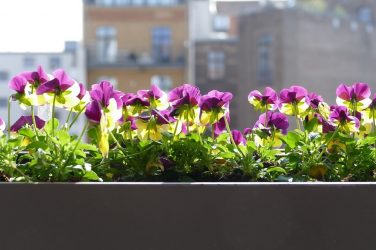Lighting is an hecatomb for insects. It may seem like a joke or something desirable, but in reality it is a problem to be reckoned with.
Researchers said that insects are important prey for many species, but light pollution can tip the balance in favour of the predator if it traps insects around lights. Spiders, bats, rats, shorebirds, geckos and cane toads have all been found feeding around artificial lights. Such increases in predation risk was likely to cause the rapid extinction of affected species.
And if it is still not enough, it is essential to understand that even the disappearance of these creatures can be a problem. Their disappearance can cause the arrival of other foreign animals ready to take the emptiness caused by the disappearance of the natives, ruining crops, flora and in turn the life of the larger animals. It may seem strange, but even the smallest part of the chain can bring down our own lives and affect climate change.
According to the most comprehensive review of the scientific evidence to date, light pollution is a significant but overlooked driver of the rapid decline of insect populations. Artificial light at night can affect every aspect of insects’ lives, from luring moths to their deaths around bulbs, to spotlighting insect prey for rats and toads, to obscuring the mating signals of fireflies. Insect population collapses have been reported in Germany and Puerto Rico yet.
However in this case the situation can be resolved. Simply turning off lights that are not needed is the most obvious action, while making lights motion-activated also cuts light pollution. Shading lights so only the area needed is illuminated is important, as is avoiding blue-white lights, which interfere with daily rhythms. LED lights also offer hope as they can be easily tuned to avoid harmful colours and flicker rates.








Show Comments